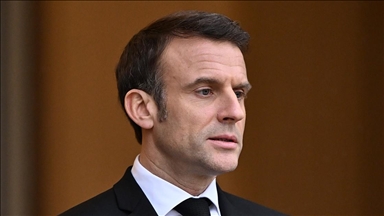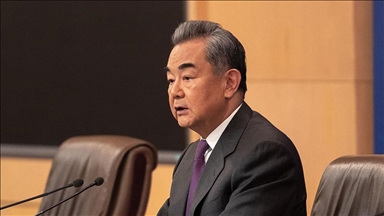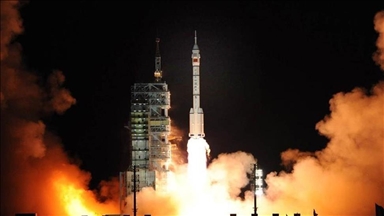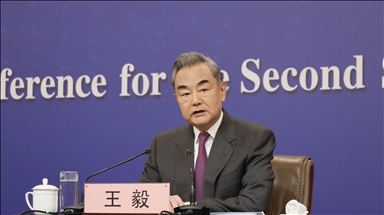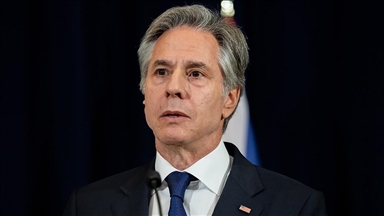ANALYSIS - OPEC+ stays the course and keeps production unchanged
Move made by oil producers alliance despite many calls from US to further add barrels to markets
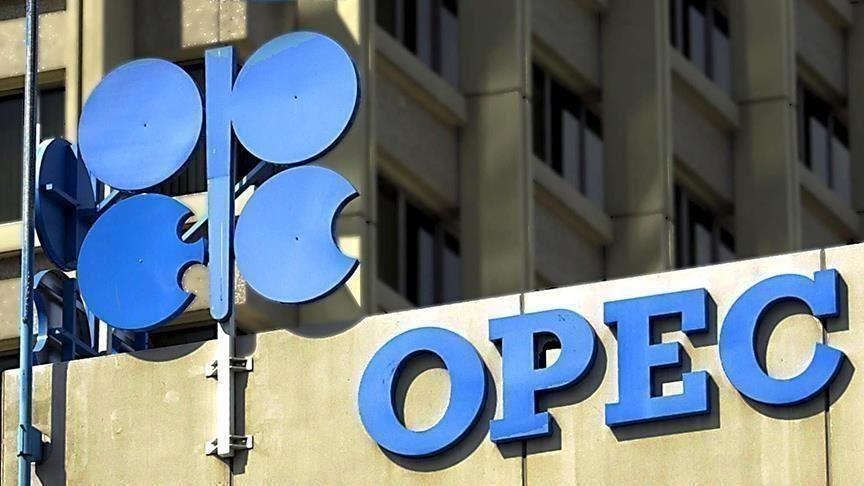
*The author is a freelance political risk and oil analyst based in Caracas
CARACAS, Venezuela
The world's major oil producers alliance agreed Monday at its 21st ministerial meeting to stick to an existing plan which requires it to incrementally phase out production cuts, reaffirming its decision at its meeting in July to increase output by 400,000 barrels a day through October and November.
The OPEC+ alliance made the move despite many calls from the US to further add barrels to markets in order to cool off a protracted rise in oil prices, which are currently over $80 per barrel for the main benchmarks Brent and WTI and amid energy crises in Europe and China which have pushed natural gas prices to record highs.
In this regard, these surging energy prices combined with ongoing inflation in critical commodities and food and transportation costs have become a perfect mix to harm an already slow economic recovery after the global damage left by the COVID-19 pandemic, with a particular impact on oil consuming countries such as China, India and the US.
Geopolitically speaking, OPEC+ has been showing since its inception and even more so from the very beginning of the pandemic in 2020 that it is the player in control of global oil production and exports and that it is definitely part of its strategy to maintain and even advance its market share and influence on oil prices.
In this same sense, the dynamics regarding Iran and any potential resumption of nuclear talks with Washington that could lead to the lifting of sanctions against its oil exports in the medium term, coupled with the critical oil situation of Venezuela, which is also under US sanctions, represent two key game-changing issues for OPEC+ if it maintains its strategy of restraining its overall production, in case of extra barrels coming from Iranian or Venezuelan ports to global markets, which could be counterproductive to the current strategy of the oil producers alliance to maintain its market share and weight in global markets.
Also OPEC+ seems to be on another strategy to tilt the balance on its own behalf and project geopolitical power with regard to other players such as the US shale oil industry, which has been experiencing significant financial troubles due to the pandemic resulting in diminishing levels of oil production as oil drilling and output have been ticking higher, though they are yet to return to pre-pandemic levels.
In this sense, OPEC+ is following the evolution of the levels of oil demand mainly coming from its growing Asian markets, especially China, India and South Korea, which continue to face major hurdles due to the still not clear recovery from the scars left by the pandemic and more recently with China being hit by energy and financial crises like the Evergrande issue.
Meanwhile, there is an energy crunch and power outages in China caused by government efforts to crack down on carbon emissions, while Beijing recently instructed refiners to buy all the oil they can at all costs as winter arrives and with recent discounts by the Saudis on their exports to China in order to stimulate demand, with the Delta variant of the coronavirus still an element of uncertainty in the region.
Therefore, for a world still on an unclear path towards a full economic recovery from the deep impact left by the pandemic, especially in high oil consuming regions such as Asia and Africa, and with the element of inflation threatening to persist as long as shortages continue of key commodities and in shipping all across supply chains, OPEC+ clearly bears and carries an important role and responsibility in keeping oil markets well-balanced and preventing a significant spike in oil prices that will definitely strike another blow to the global economy.
* Opinions expressed in this article are the author's own and do not necessarily reflect the editorial policy of Anadolu Agency
Anadolu Agency website contains only a portion of the news stories offered to subscribers in the AA News Broadcasting System (HAS), and in summarized form. Please contact us for subscription options.


